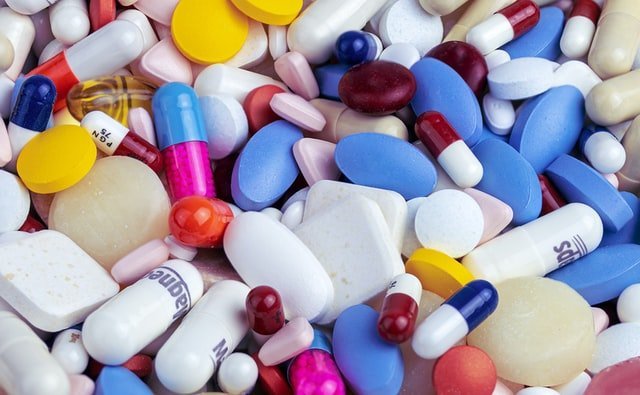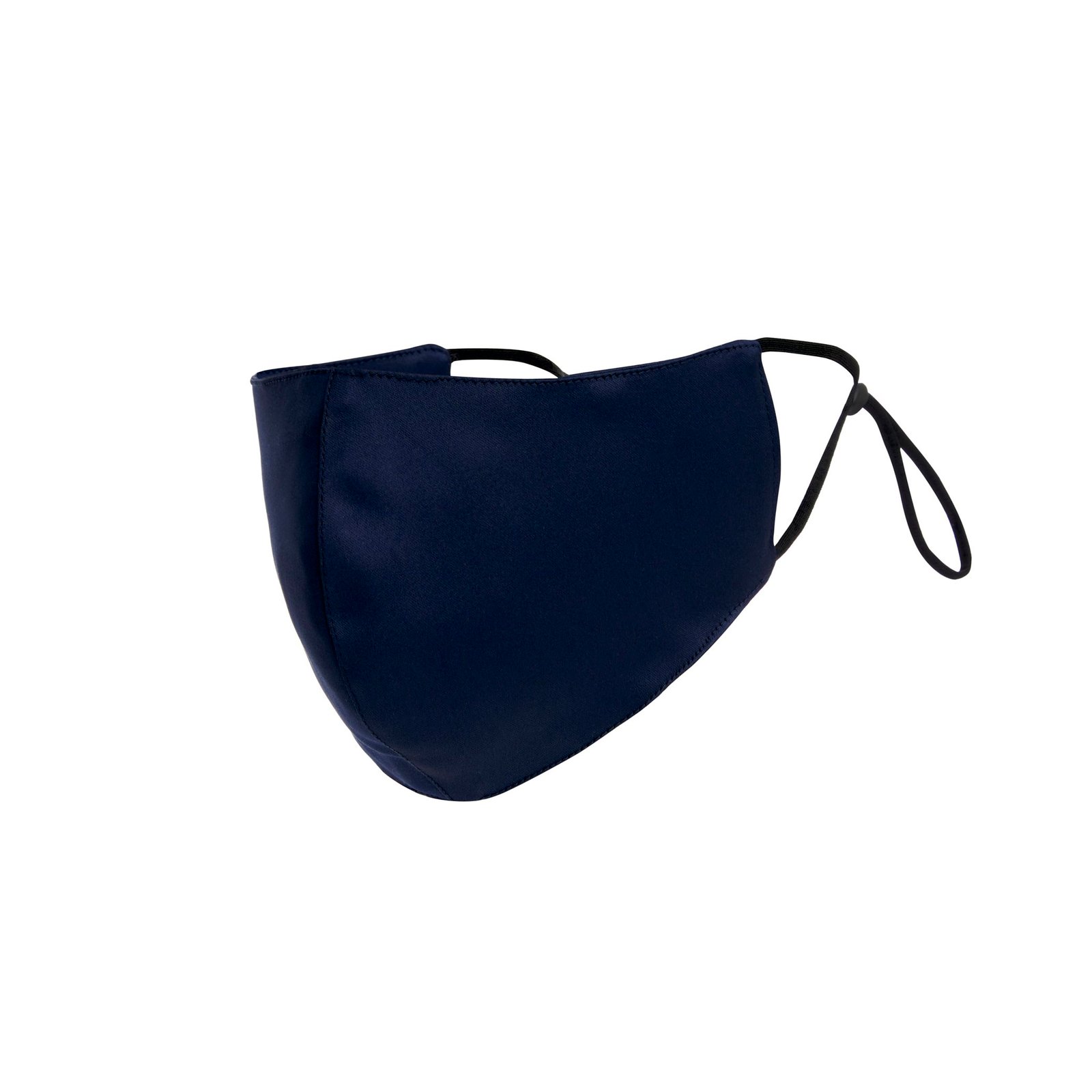What You Need to Know About Isotretinoin for Acne
Do you suffer from cystic acne? Isotretinoin is an oral medication prescribed by dermatologists to treat cystic acne. In this article we will explain everything you need to know about Isotretinoin for acne, including how it works and possible side effects.
What is Isotretinoin?
Isotretinoin is an oral prescription medicine that affects sebaceous glands, and is often used in the treatment of severe acne. The drug was approved by the FDA for the treatment of severe, resistant acne that is unresponsive to conventional therapy such as antibiotics. Severe acne normally causes deep, painful cysts and nodules. These will often leave scars too.
Is Isotretinoin accutane?
Brand names for Isotretinoin include Accutane®, Absorica®, Claravis®, Myorisan®, Oratane®, Sotret®, and Zenatane®.
Is isotretinoin a steroid? Is it an antibiotic?
No, isotretinoin is a vitamin-A derivative, and is a retinoid.
Who should take Isotretinoin?
If you are suffering with cystic acne, most dermatologists would recommend starting on isotretinoin. However, there are contraindications to this medication. If you are pregnant, breastfeeding, or planning conception, we do not prescribe isotretinoin. This is because it is keratogenic – category X, and can cause fetal abnormalities. In individuals with pre-existing liver disease or if they are hepatitis B carriers, it’s important that a thorough evaluation is carried out. Preferably in conjunction with an attending gastroenterologist to ensure that there isn’t underlying liver disease that would cause further abnormalities to arise during Isotretinoin treatment. In short, if you have a history of familial hypercholesterolemia, which is high cholesterol inherited on the basis of genetics, then treatment of isotretinoin may be a bit tricky because one of the side effects is that it increases your cholesterol levels.
How does Isotretinoin work on acne?
The mechanism of action of Isotretinoin on acne is that it inhibits sebaceous glands formation, reducing both the sebaceous gland size, and the amount of sebum (oil) produced. Furthermore, it also influences comedogenesis, which is the tendency to clog pores, reduces surface P.acnes, and has anti-inflammatory properties. A dose of 0.5-1mg/kg/day dramatically reduces sebum excretion by 90% in 6 weeks.
It produces a significant reduction of comedogenesis by decreasing hyperkeratinization – abnormal rapid shedding of skin cells, and one of the crucial factors in the development of acne. Furthermore, while oral isotretinoin has no direct antimicrobial effects, by reducing the size of sebaceous glands, it changes the skin microenvironment, making it less favorable for colonization of P.acnes. In summary, this reduction in P. acnes, along with the drug’s ability to increase host defense mechanisms, contributes to the reduction in anti-inflammation.
What are the possible Isotretinoin side effects?
Some of the common side effects are as listed:
- Acne flare up, especially when the dose is >0.5mg/kg/day
- Dry skin, eczema/dermatitis
- Dry lips, cheilitis (cracked, sore lips)
- Sunburn on exposure to the sun, increased sun sensitivity
- Temporary hair loss
Some of the problems that arise during treatment would be dryness of the lips and the eyes. A condition of the lips known as cheilitis – a more severe form of lip eczema may arise from Isotretinoin treatment. Because, one of the primary ways Isotretinoin works is by suppressing the sebaceous glands. The lips are considered a mucocutaneous type of skin, which means that it is thinner and more fragile. Furthermore, isotretinoin can cause the development of lip eczema. Hence, it is important to ensure proper lip care, which is more than just applying Vaseline or Paraffin, but using a ceramide or phytoceramide-based formula that repairs the lip barrier.
Treatment and prevention of side effects
- Reduction in dosage
- Moisturizer – preferably PED the gold standard for eczema treatment
- Lip balms, petroleum jelly, eye drops
- Use sunscreen liberally
- Advised to not have laser treatments (e.g CO2 resurfacing) while on isotretinoin
- Use mild and gentle shampoo
Does isotretinoin worsen acne scars?
In terms of acne scars, when you start taking Oratane while your pimples are sure to resolve and come down, you’ll find that if you had severe cystic acne before starting Isotretinoin, these areas will turn into red scars. Isotretinoin does worsen the appearance of scars, your skin will appear more fragile. Additionally, there might be a lot more redness, telangiectasia which is the appearance of blood vessels on your face. Partly due to the photosensitive side effects as well as the breakdown of the ceramide barrier function of the skin. Because of the way isotretinoin works, it’s very important that while you are on isotretinoin, you replace your moisturizer with one that contains the optimal lipid balance. For example, a prescription emollient device, or PED, is a type of moisturiser that is formulated to behave like a mild steroid because it contains anti-inflammatory ingredients such as botanicals.
Other treatments for acne
Berberine is a botanical-derived phytochemical best known for it’s effectiveness in treating acne. It is a traditional Chinese herb derived from Berberis Vulgaris, Phellodendron Amurense and other plants. It targets mechanisms in acne formation in 4 main ways. Firstly, berberine promoted bacterial killing in macrophages immune cells,
Berberine has also demonstrated anti-inflammatory activity by inhibiting release of proinflammatory cytokines and regulating signaling pathways that can lead to inflammation. It also reduces oxidative stress and upregulates the body’s natural antioxidants. Lastly, berberine also prevented androgen (hormones that stimulate the sebaceous gland leading to more sebum produced) synthesis, and decreased sebum production by suppressing lipogenesis of sebaceous glands in our skin.
Medical grade honey cleansers can also help treat your acne. Medical grade honey has been used in the last decade in advanced wound dressings. Because of its innate ability to modulate the immune cells and mitigate inflammation. Additionally, it also has antibacterial and antifungal effects. It also functions as a humectant, meaning that it traps water under your skin, preventing transepidermal water loss.
Does Isotretinoin cause depression or mood swings?
While some patients have reported the side effects of depression, mood swings, and suicidal thoughts after taking Isotretinoin, the scientific evidence is insufficient to link these to Isotretinoin. However, what we do know from research, is that severe acne increases the risk of developing these side effects. This is true for those who take isotretinoin and those who don’t.
What is the usual dose of isotretinoin for acne?
The range of doses used each day for acne from 0.1-1mg/kg/body weight. Your dermatologist will prescribe your dose based on:
- Patient body weight
- The specific condition being treated
- The severity of the skin condition
- Response to treatment
- Side effects experienced
- Other treatments used at the same time
How long is it usually taken for?
Most patients who receive isotretinoin will be free of acne by the end of 4-6 months of treatment depending on the dose prescribed.
Dermatologist for acne
Before prescribing Isotretinoin, your dermatologist will talk with you about your acne and give you information about the prescription. If you and your skin specialist determines that Isotretinoin is right for you, your dermatologist will watch for warning signs of side effects.
Dr. Teo Wan Lin is an accredited dermatologist treating acne in Singapore who specialises in the diagnosis and treatment of facial skin diseases. She is also the founder of cosmeceutical skincare line Dr.TWL Dermaceuticals, which develops evidence-based cosmeceutical actives for the adjunct treatment of acne. She is also the author of Skincare Bible: Dermatologist’s Tips for Cosmeceutical Skincare, and Masking Up: A Dermatologist’s Guide to Maskne.
Book an appointment for a specialist skin consultation.
References:
Pile, H. D., & Sadiq, N. M. (2020). Isotretinoin. In StatPearls. StatPearls Publishing.
Layton A. The use of isotretinoin in acne. Dermatoendocrinol. 2009;1(3):162-169. doi:10.4161/derm.1.3.9364









Leave a Reply
Want to join the discussion?Feel free to contribute!